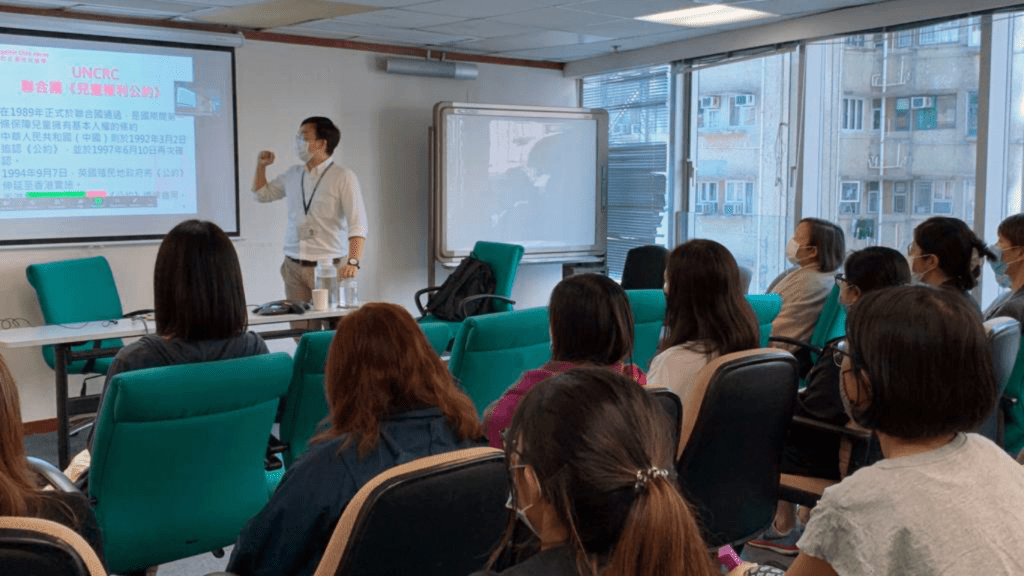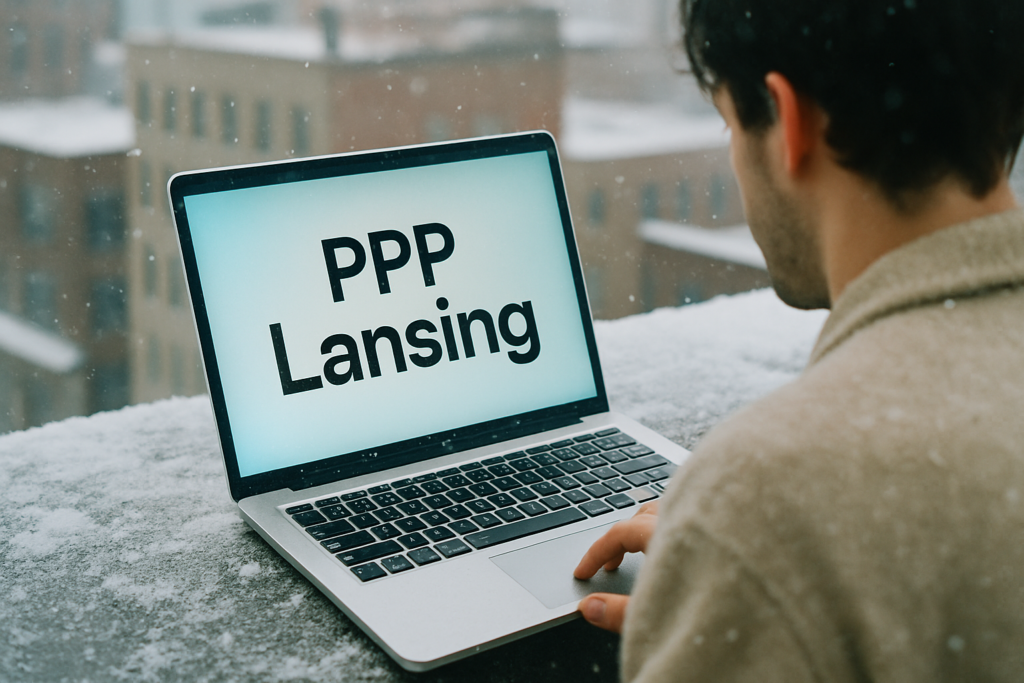As a resident of Lansing, I’ve witnessed firsthand the transformative power of higher education on our city’s economic landscape. The symbiotic relationship between educational institutions and economic prosperity is undeniable. In this article, we’ll delve into how higher education in Lansing serves as a catalyst for innovation, job creation, and overall growth.
From Michigan State University to Lansing Community College, our city boasts a rich tapestry of educational opportunities that not only shape the minds of tomorrow but also fuel the engines of our economy. By nurturing talent, fostering research, and forging partnerships with local businesses, higher education institutions in Lansing play a pivotal role in driving economic development and ensuring a vibrant future for our community. Let’s explore the dynamic ways in which academia and economic growth intersect in the heart of Lansing.
The Impact of Lansing’s Universities on Local Employment
Higher education institutions in Lansing have a significant impact on local employment, driving job creation and fostering skill development for the city’s workforce.
Influence on Job Creation
Lansing’s universities play a vital role in job creation by producing a skilled workforce that meets the demands of the local job market. Through academic programs, internships, and research opportunities, students are equipped with the knowledge and skills necessary to excel in various industries. This symbiotic relationship between education and employment not only benefits graduates but also fuels the growth of businesses in Lansing, creating a robust workforce ecosystem.
Skill Development for the Workforce
The emphasis on skill development at Lansing’s universities ensures that graduates are well-prepared to tackle the challenges of the modern workplace. By offering specialized training and hands-on experience, educational institutions in Lansing cultivate a workforce that is adaptive, innovative, and competitive. These skills are not only essential for individual career growth but also contribute to the overall economic development of the city by attracting businesses that require a highly skilled workforce.
Innovation and Research Contributions
Higher education institutions in Lansing play a pivotal role in driving innovation and research, further fueling the city’s economic growth. Through collaborative efforts with local industries, these academic establishments contribute significantly to advancing technology, developing new products, and improving processes.
Enhancing Local Industries
I facilitate the growth of local industries by providing cutting-edge research and innovation that directly address industry needs. By partnering with businesses in various sectors, higher education institutions in Lansing offer specialized knowledge and resources that enhance the competitiveness and sustainability of local companies. This collaboration leads to the development of innovative solutions, increased productivity, and amplified growth opportunities for businesses in the region.
Attracting Research Funding
I attract substantial research funding from government agencies, private organizations, and industry partners by conducting high-impact research projects and initiatives. The ability to secure external funding enables academic institutions in Lansing to expand their research capabilities, invest in state-of-the-art facilities, and attract top talent in diverse fields. This influx of research funding not only advances academic pursuits but also fosters innovation, drives economic development, and fortifies the city’s position as a hub for cutting-edge research and discovery.
Partnership Between Universities and Local Businesses

Collaborations between universities and local businesses are integral to driving economic growth in Lansing. These partnerships facilitate the transfer of knowledge, technology, and innovation, benefiting both academia and industry. By working together, universities and businesses can create a synergistic relationship that leads to mutual success.
Examples of Successful Collaborations
- Michigan State University’s partnership with TechTown Detroit has resulted in the development of innovative startups in various sectors, including technology and healthcare. This collaboration has not only boosted the local economy but has also provided students with real-world entrepreneurial experiences.
- Lansing Community College’s collaboration with local manufacturing companies has led to the implementation of specialized training programs tailored to industry needs. This partnership ensures that students are equipped with the skills required by employers, reducing the skills gap and enhancing the competitiveness of local businesses.
- Through partnerships with universities, local businesses gain access to cutting-edge research and specialized expertise, helping them stay competitive in the market. This access to academic resources enables businesses to innovate, develop new products, and improve existing processes, fostering economic growth in Lansing.
- Collaborations between universities and local businesses attract investment opportunities to the region. As businesses thrive on innovation and research, partnering with academic institutions enhances their credibility and attracts investors looking for advancements in technology and expertise.
- The knowledge exchange between universities and businesses leads to job creation and retention. By aligning academic programs with industry demands, universities produce graduates with the skills needed by local businesses, reducing unemployment rates and strengthening the workforce in Lansing.
Effects of Student Spending in Lansing
Student spending in Lansing has a significant impact on various sectors, contributing to the city’s economic growth. Let’s explore how student expenditures influence different areas within the local economy.
Impact on Real Estate and Rental Markets
- Student spending fuels demand for housing in Lansing, particularly in areas close to educational institutions like Michigan State University and Lansing Community College.
- This increased demand leads to a vibrant real estate market, with rising property values and a steady flow of rental income.
- Property owners benefit from a stable market supported by student renters, creating a positive cycle of investment and growth in the real estate sector.
- The influx of students in Lansing boosts the retail and service sectors, creating opportunities for local businesses to thrive.
- Retail establishments, restaurants, and service providers cater to the needs of the student population, driving sales and job creation.
- Student spending on goods and services injects vital funds into the local economy, stimulating business growth and diversification.

 Erickann Rosadoppi, founder of Your Local Insight Journal, created the platform to keep Lansing, MI residents informed and connected. Her focus on local news, business spotlights, and economic growth has made the site a vital community resource.
Erickann Rosadoppi, founder of Your Local Insight Journal, created the platform to keep Lansing, MI residents informed and connected. Her focus on local news, business spotlights, and economic growth has made the site a vital community resource.
